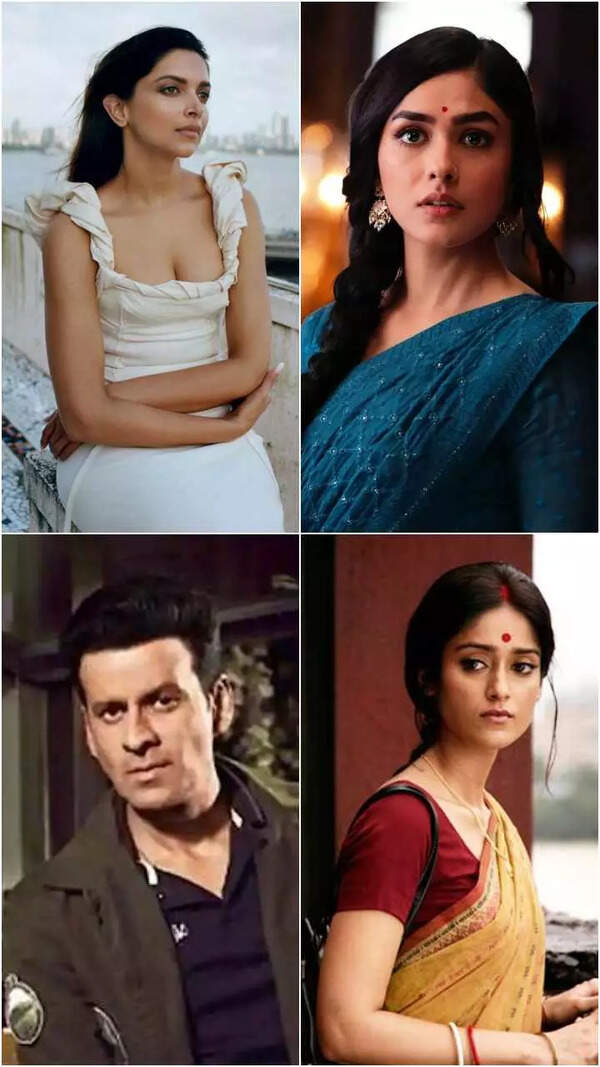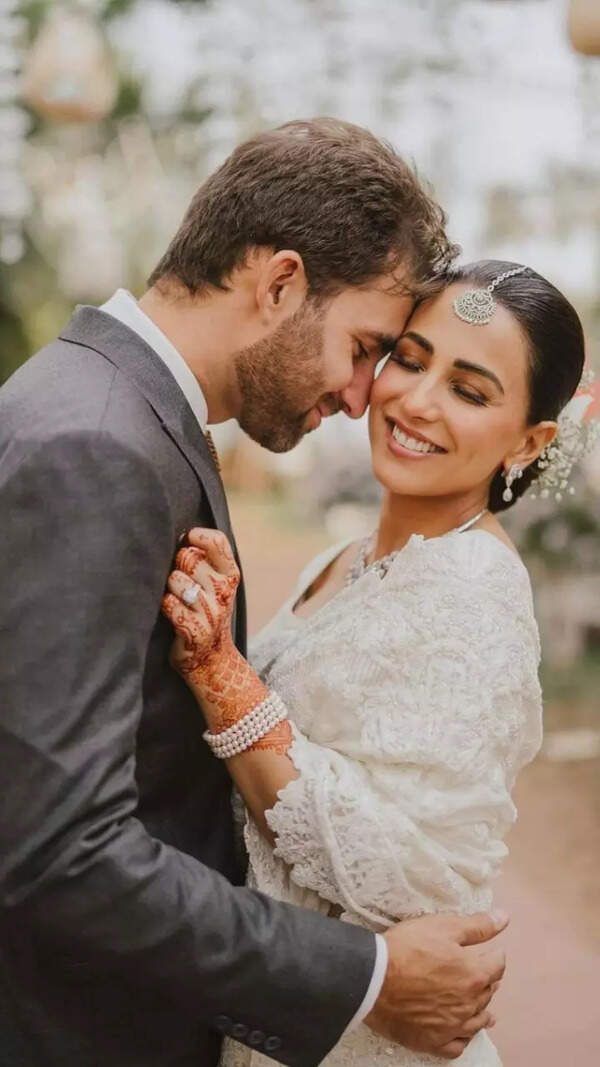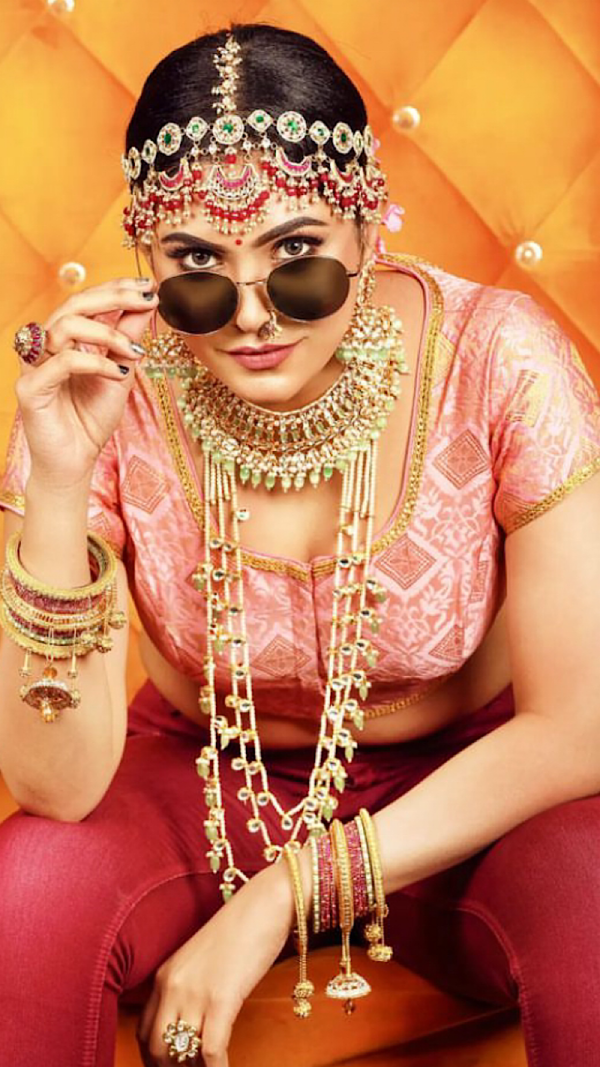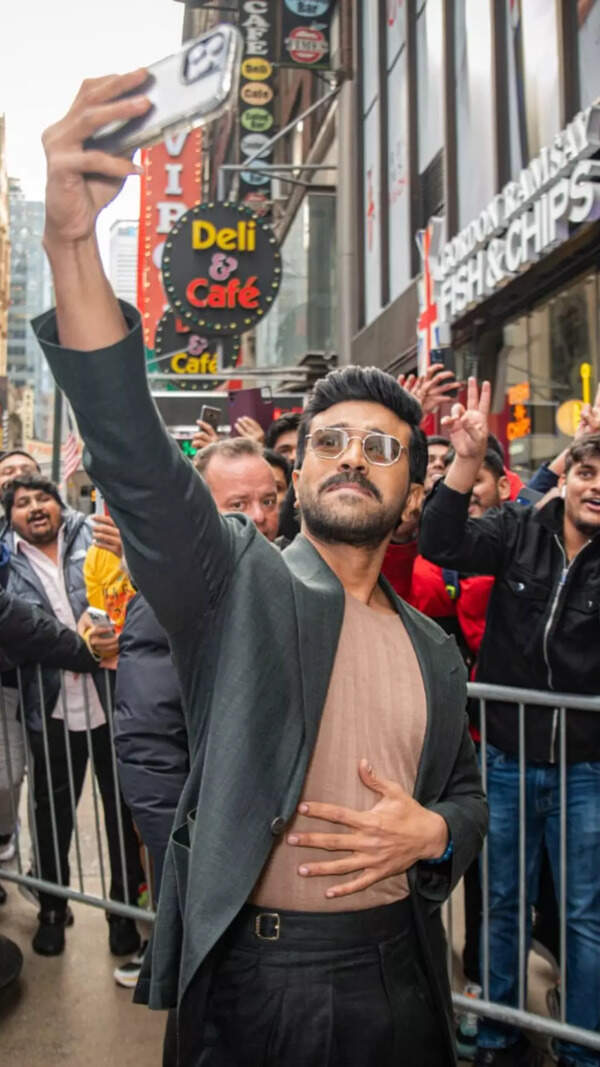Top Searches
- News
- City News
- nagpur News
- No forced conversions in Pakistan: Rana
No forced conversions in Pakistan: Rana
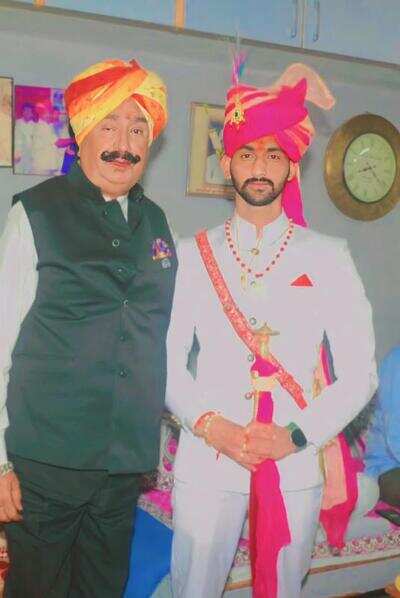
Rana Hamir Singh Sodha — the 26th Rana (ruler) of erstwhile Umarkot state — a Hindu majority area in Pakistan, is on a visit to India after a gap of five years. As he meets his relatives and also attends a marriage of his close associate’s son at Jodhpur, TOI talks to him about the problems dogging people on either side of the border. Sodha, whose principality is in Pakistan’s Sindh province, also calls for a change in perspective as he has strong views against what people in general think about his country. Excerpts:
Members of the Sodha community have to come to India for marriages as the tradition does not allow marriage within the clan, and Sodhas are the only Rajput clan in India or Pakistan. What are the problems the people face?
They have no choice but to reach India for matrimonial alliances. This has been the tradition even before India and Pakistan became separate nations. Even my family has matrimonial relations in India. However, they get a visa only for 45 days which is not enough to finalise the matters. Many overstay due to this but are blacklisted and denied visas later on. Today as many as 700 to 800 Sodhas have been waiting since long to get visas to reach India.
Do only Hindus face this problem?
No, even Muslims have kin across the border and they face similar issues. There are different areas of Pakistan facing Kutch-Bhuj, Bikaner, Jaisalmer and Barmer in India. So the problem is not limited to Hindus alone. There used to be the Thar Express which connected Pakistan’s Sindh to Rajasthan. The train was stopped after the surgical strike episode. Now to reach India one has to fly via Dubai or Sri Lanka or cross by foot from Wagah. Earlier, we also had direct flights.
People on both the sides have stereotypical view of each other. In India we talk about forced conversions and kidnapping of Hindus.
What does it mean by “forced”. It would be forced if the state machinery is behind the conversions. Let me say that in Pakistan the state does not have any agenda against the minorities. There may be sporadic incidents of abduction but these only have involvement of anti-social elements. The law deals with such matters. One must understand that minorities are only 4% of the total population. If the state wants to convert all or even throw them out of Pakistan, it can happen in no time. It hasn’t been so that itself shows that the state is not forcing any conversions or coercing the minority. In India, they speak of terror, but has there been any recorded incident of any terrorist strapped with bombs blowing up a temple or any place of worship of another religion. Of course, there may be one off incidents of people vandalizing a temple or so. But these are mere anti-social elements with whom the law deals effectively.
In Pakistan do Sodhas have enough representation in the government sector?
Yes, they do. They are in the police, revenue department and some of the best doctors are from the community. They also make very good revenue officers.
Your view on people-to-people contact.
Prior to the 1965 war, the borders were open with the collectors having the power to allow a cross over. Let the politics go side-by-side but people-to-people contact should go on. It had begun once, but stopped. There can be student exchanges. Even I have studied in India for 12 years.
Members of the Sodha community have to come to India for marriages as the tradition does not allow marriage within the clan, and Sodhas are the only Rajput clan in India or Pakistan. What are the problems the people face?
They have no choice but to reach India for matrimonial alliances. This has been the tradition even before India and Pakistan became separate nations. Even my family has matrimonial relations in India. However, they get a visa only for 45 days which is not enough to finalise the matters. Many overstay due to this but are blacklisted and denied visas later on. Today as many as 700 to 800 Sodhas have been waiting since long to get visas to reach India.
Do only Hindus face this problem?
No, even Muslims have kin across the border and they face similar issues. There are different areas of Pakistan facing Kutch-Bhuj, Bikaner, Jaisalmer and Barmer in India. So the problem is not limited to Hindus alone. There used to be the Thar Express which connected Pakistan’s Sindh to Rajasthan. The train was stopped after the surgical strike episode. Now to reach India one has to fly via Dubai or Sri Lanka or cross by foot from Wagah. Earlier, we also had direct flights.
People on both the sides have stereotypical view of each other. In India we talk about forced conversions and kidnapping of Hindus.
What does it mean by “forced”. It would be forced if the state machinery is behind the conversions. Let me say that in Pakistan the state does not have any agenda against the minorities. There may be sporadic incidents of abduction but these only have involvement of anti-social elements. The law deals with such matters. One must understand that minorities are only 4% of the total population. If the state wants to convert all or even throw them out of Pakistan, it can happen in no time. It hasn’t been so that itself shows that the state is not forcing any conversions or coercing the minority. In India, they speak of terror, but has there been any recorded incident of any terrorist strapped with bombs blowing up a temple or any place of worship of another religion. Of course, there may be one off incidents of people vandalizing a temple or so. But these are mere anti-social elements with whom the law deals effectively.
In Pakistan do Sodhas have enough representation in the government sector?
Yes, they do. They are in the police, revenue department and some of the best doctors are from the community. They also make very good revenue officers.
Your view on people-to-people contact.
Prior to the 1965 war, the borders were open with the collectors having the power to allow a cross over. Let the politics go side-by-side but people-to-people contact should go on. It had begun once, but stopped. There can be student exchanges. Even I have studied in India for 12 years.
Start a Conversation
FOLLOW US ON SOCIAL MEDIA
FacebookTwitterInstagramKOO APPYOUTUBE


